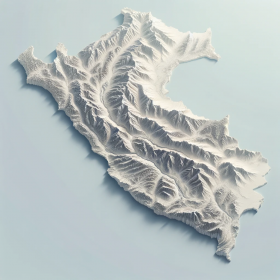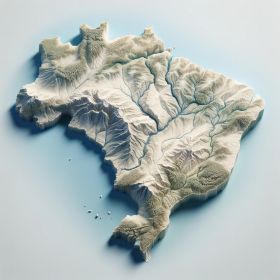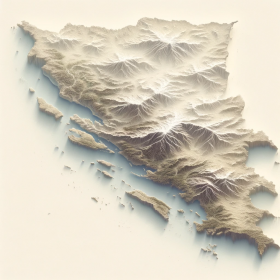The history of Specialty coffee in Europe. How did it become so popular?

The history of specialty coffee in Europe is closely tied to the development of the coffee trade and the emergence of the coffeehouse culture that has played an important role in European society for centuries. Here's a closer look at how specialty coffee became so popular in Europe.

Early Coffee Trade
The first coffeehouses in Europe opened in the 17th century in cities such as Venice, Paris, and London. These coffeehouses quickly became popular gathering places for intellectuals, artists, and other members of the upper class who would gather to discuss politics, philosophy, and other important topics of the day. Coffee was still a rare and exotic commodity at this time, and it was typically imported from Arab countries in the Middle East.
Coffee became increasingly popular in Europe throughout the 18th and 19th centuries as the coffee trade expanded and coffeehouses spread to other cities across the continent. In the early 20th century, coffee consumption in Europe reached an all-time high as coffee became more widely available and affordable.
Emergence of Specialty Coffee
The emergence of specialty coffee in Europe can be traced back to the 1960s and 1970s, when a group of coffee enthusiasts began to focus on the quality and origin of coffee beans. These enthusiasts, who were often inspired by the emerging specialty coffee scene in the United States, sought out high-quality, single-origin beans and experimented with different roasting methods to bring out the unique flavors and characteristics of each bean.
During this time, a number of specialty coffee shops and roasters began to emerge in cities such as Amsterdam, London, and Berlin. These shops and roasters helped to popularize specialty coffee and make it more accessible to the general public.
In the 1990s and 2000s, the specialty coffee movement continued to grow in Europe, with a greater emphasis on sustainability and ethical sourcing. Many coffee shops and roasters began to focus on direct trade relationships with coffee farmers, ensuring fair prices and sustainable practices.
Today, specialty coffee is a thriving industry in Europe, with many cities boasting vibrant coffee cultures and a growing number of coffee shops and roasters offering high-quality, carefully sourced coffee. Specialty coffee is also becoming more accessible, with many grocery stores and even fast-food chains offering specialty coffee options.
Conclusion
The history of specialty coffee in Europe is a story of passion and dedication to quality. From its origins in the Middle East to its rise in popularity in Europe and beyond, coffee has come a long way. Today, specialty coffee continues to evolve, with a focus on sustainability, ethical sourcing, and unique flavors and characteristics. Whether you're a coffee enthusiast or simply someone who enjoys a good cup of coffee, specialty coffee offers something for everyone.














Leave a Comment